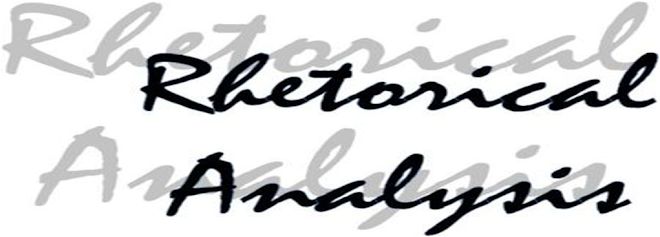In 1949, in the state of Illinois, there was a bill proposed called "An Act to Provide Protection to Insectivorous Birds by Restraining Cats", or for short, the "Cat Bill". The article I read was the veto statement made by the governor, Adlai Stevenson. There are many fallacies he uses when he addresses his stand he took regarding the bill. However, there are three that are the most noticeable.
Stevenson begins by stating all of the reasons why he denied the bill. Right off the bat, he starts to become very ignorant. He is allotted to have his own opinions, especially because of the position that he holds. However, he takes his side and pushes it on the reader as if there is no way anyone could feel differently than he does. He does give reasons for why he thought the proposal was not significant, but the way he writes makes it appear that he is saying, 'this law is completely ridiculous and should not have been considered at all'. This can be shown by his statement, "Whatever the reasons for passage at this session, I cannot believe there is a widespread public demand for this law or that it could, as a practical matter, be enforced." (par.3) His complete disbelief and ignorance is quite insulting, as there are obviously people who take the issue seriously. He uses his authority and an 'appeal to ignorance' to try to persuade the reader his opinion is right.
Another fallacy that is found is 'stacking the deck'. Stevenson only presents his side of the argument. He thinks that no one would doubt his statements, no matter how irrational, due to his authoritative position. However, in reality, reading his reasons created negative ethos for himself. As a leader and a governor, one expects him to be rational and to equally present both sides of the argument, regardless of his stand on it. He leaves out anything about why the supporters of the proposal felt the way they did. He ignores their opinions and arguments because they do not support his own.
The last fallacy is that of the 'slippery slope'. In the veto he says, "If we attempt to resolve it by legislation who knows but what we may be called upon to take sides as well in the age old problems of dog versus cat, bird versus bird, or even bird versus worm. If we attempt to resolve it by legislation who knows but what we may be called upon to take sides as well in the age old problems of dog versus cat, bird versus bird, or even bird versus worm. " (par.5) He tries to make the reader feel that the proposed bill is incompetent because it will just cause more problems.
Stevenson tries to use logical fallacies to persuade the reader that his points are the most valid. However, they work against him and make him look rude and completely biased.
"I Have A Dream"
16 years ago

Interesting topic! You did a great job effectively using all your quotes. There are some parts that could be worded more strongly but you have great organization and clarity.
ReplyDeleteI agree with Madeleine. I think that you got your point across and that there was enough evidence there to prove it. I would definately look to get maybe one more quote though.
ReplyDelete